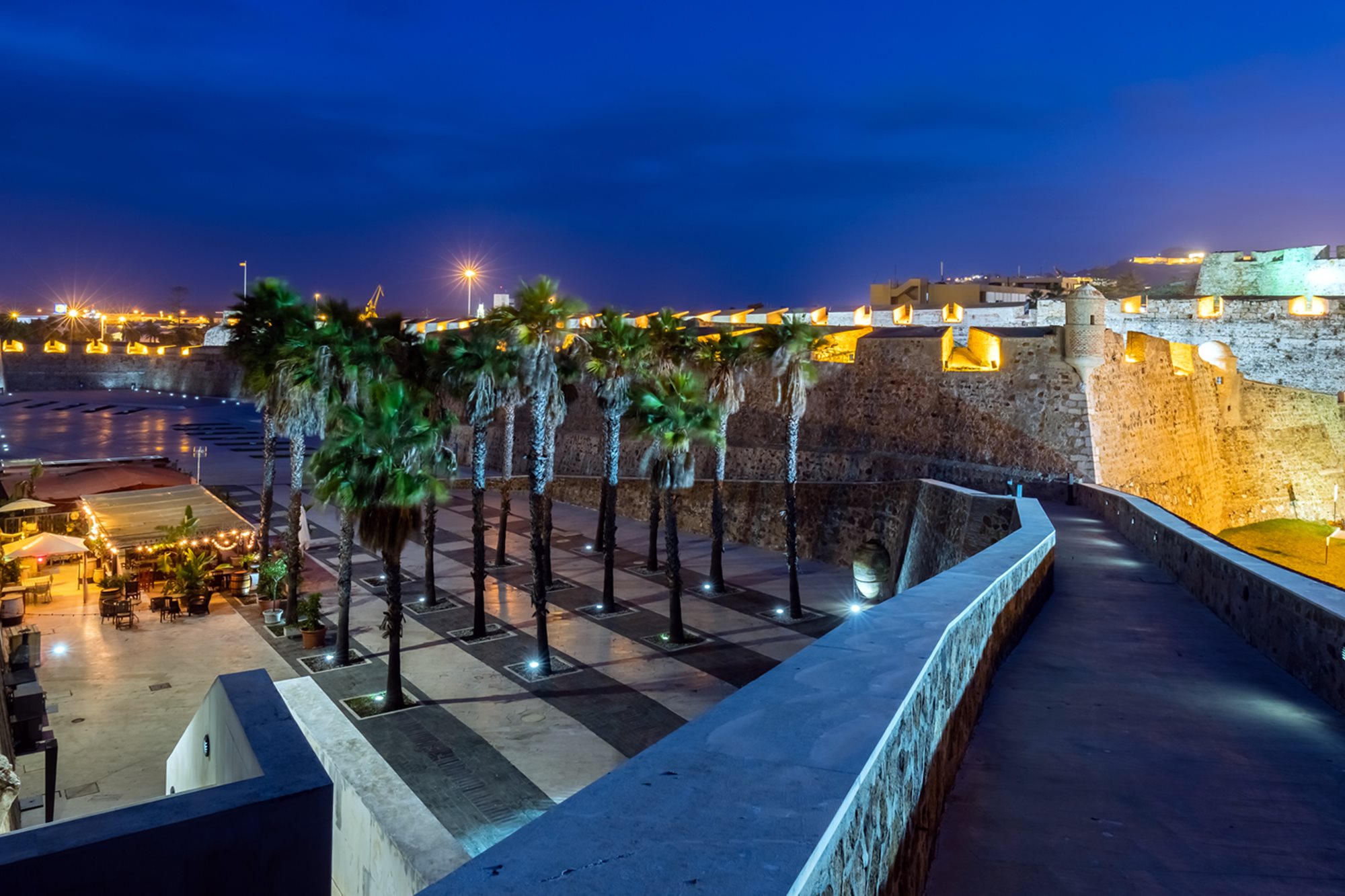Posted on: September 1, 2022, 12:23h.
Last updated on: September 1, 2022, 08:19h.
For years, Malta and Gibraltar were the places for any gaming company looking for a friendly place to set up shop. However, Ceuta, an autonomous city in Spain, has lately been muscling in on the action and continues to grab more of the market.

Ceuta may belong to Spain but has significant autonomous control over its activities. Since 2011, it has attracted gaming companies through financial incentives and tax breaks to become a major gaming hub. Even on a hazy day, it’s possible to see Gibraltar from Ceuta. That proximity may have been one reason some gaming companies have made the jump.
Ceuta’s overall economy recently dipped for a couple of years, but it’s on the rebound. Moreover, it’s improved enough to stabilize its credit risk deterioration over the last year. However, more work remains to be done.
The local government reports that 22% of the companies in the city have a high risk of default. Before COVID-19, the level was 13%. Last year, 23% of the companies were at high risk.
In the first half of 2022, Ceuta hasn’t seen any bankruptcies filed. Last year, there was one. The creation of new companies has increased by 3%, while the dissolution of companies fell by 7%.
Flutter, 88 Holding Set up Shop
There are now more than 34 gaming companies with offices in Ceuta. Among these are Flutter Entertainment, 888 Holdings, Juegos España, and Playtech, according to iGaming Ceuta.
Ceuta has a service-based economy. Some 33% of the regional companies are concentrated in the commercial sector, representing 16% of the city’s economic activity. The city’s industrial sector (3% of companies) has a minimum economic weight in the region, providing a 1% turnover.
The construction and real estate sectors carry significant weight, making up 21% of the total. However, their impact on the economy is significantly lower, as they only account for 5% of turnover. Business services, which comprise 11% of companies, account for just 2% of turnover.
This is where the gaming industry proves itself to Ceuta. In a new update from the government, 68% of Ceuta’s economic turnover comes from just 3% of the total commercial activity. That segment is gambling and betting.
Ceuta to Attract More Attention
In 2011, Ceuta hosted 26 offices for gaming companies. That dipped slightly over the next few years, dropping to 21 in 2017 and 2018. Things picked up in 2019, with a significant jump to 34 in 2020.
In addition to the companies above, Codere, Luckia, and others relocated to the city because of its incentives. There are rebates on corporate and gambling activities taxes and no VAT tax. Replacing the latter is a Tax on Production, Services, and Imports, which barely registers at 0.5%.
There are also rebates given to gaming company employees. The Personal Income Tax, for example, offers a 60% rebate.
At the height of Gibraltar’s glory days as a gaming hub, the industry produced 40% of its gross domestic product. Ceuta is capturing a significant portion of that and continues to grow. The most recent GDP data for Spain covers 2020. In that year, all autonomous communities and cities (Ceuta and Melilla) saw declines. Ceuta’s drop was less than all others, except for Extremadura.
Ceuta isn’t ready to unseat Malta as the premier gaming hub, which would be difficult to achieve. However, it’s working on it, and the figures show that the gaming industry is building strength in the city.
